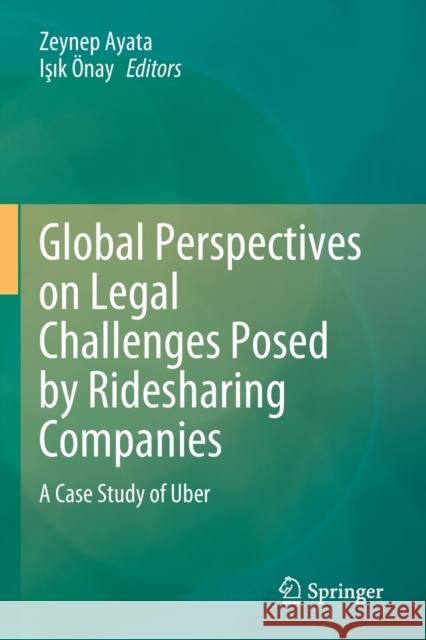Global Perspectives on Legal Challenges Posed by Ridesharing Companies: A Case Study of Uber » książka
topmenu
Global Perspectives on Legal Challenges Posed by Ridesharing Companies: A Case Study of Uber
ISBN-13: 9789811570377 / Angielski / Miękka / 2021 / 300 str.
Global Perspectives on Legal Challenges Posed by Ridesharing Companies: A Case Study of Uber
ISBN-13: 9789811570377 / Angielski / Miękka / 2021 / 300 str.
cena 523,30
(netto: 498,38 VAT: 5%)
Najniższa cena z 30 dni: 501,19
(netto: 498,38 VAT: 5%)
Najniższa cena z 30 dni: 501,19
Termin realizacji zamówienia:
ok. 22 dni roboczych.
ok. 22 dni roboczych.
Darmowa dostawa!
Kategorie:
Kategorie BISAC:
Wydawca:
Springer
Język:
Angielski
ISBN-13:
9789811570377
Rok wydania:
2021
Ilość stron:
300
Waga:
0.42 kg
Wymiary:
23.39 x 15.6 x 1.6
Oprawa:
Miękka
Wolumenów:
01
Dodatkowe informacje:
Wydanie ilustrowane











